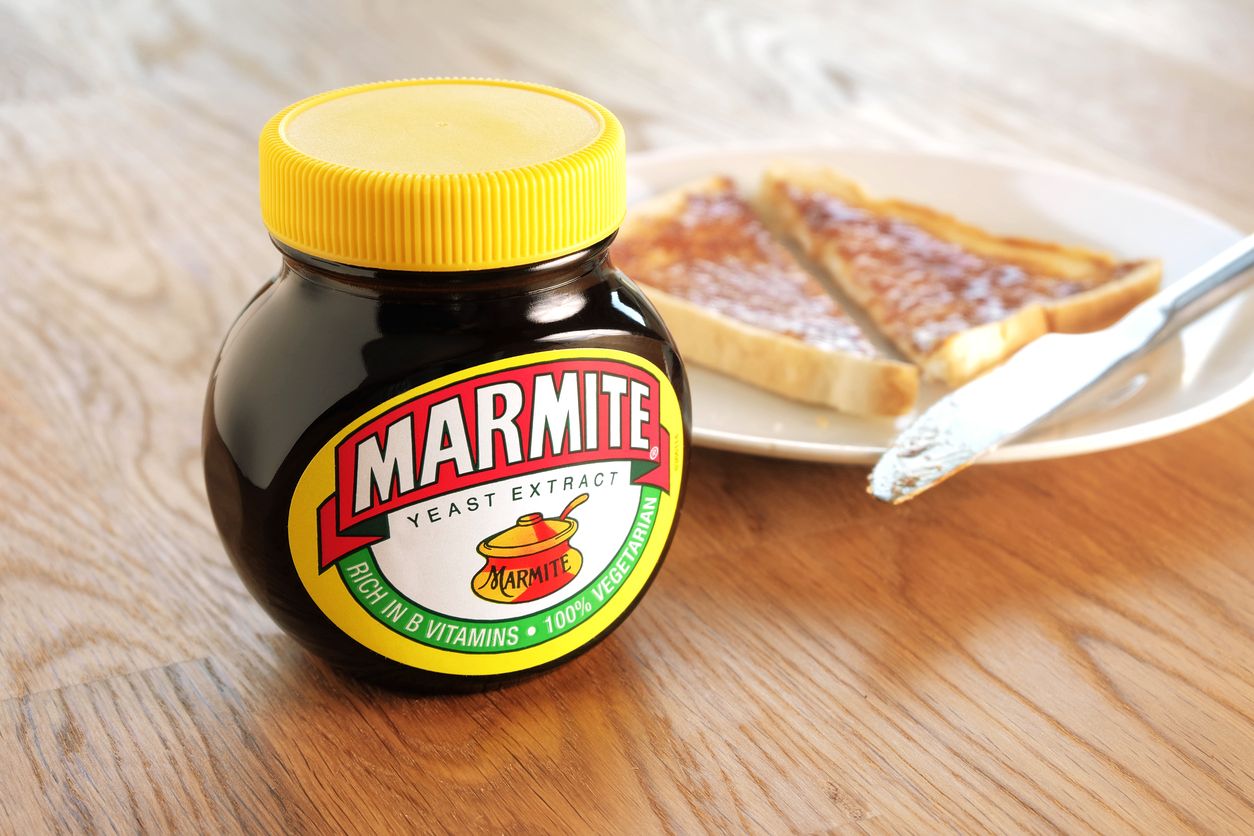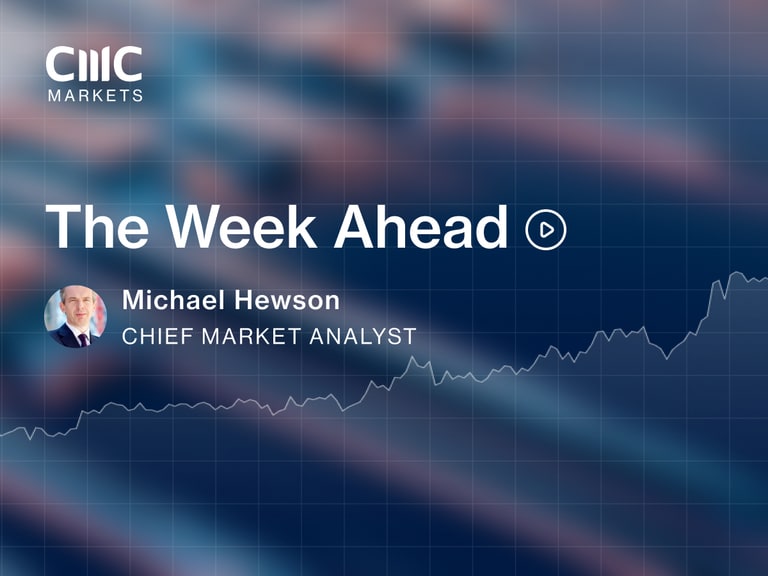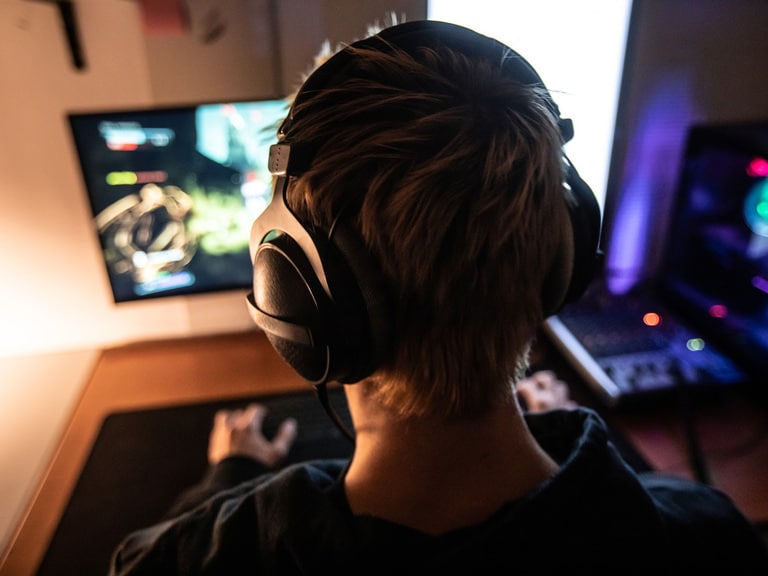
Unilever's share price has fallen this morning after the company's latest bid for GlaxoSmithKline's consumer healthcare unit, said to be worth £50bn, was rejected. The drugmaker is likely to have rejected the bid for its consumer goods unit – of which it owns roughly two-thirds, with Pfizer owning the other third – in the hope that Unilever, which owns brands such as Marmite and Ben & Jerry's, will come back with a higher offer. A bid price of £60bn is rumoured to be a more acceptable sum.
Unilever share price takes a hit
The Unilever share price is down more than 7% this morning after its unsuccessful bid for GlaxoSmithKline's consumer healthcare business, which includes brands such as Panadol painkillers, Sensodyne toothpaste and Nicorette gum. GSK has said the bid undervalues its consumer goods arm and its growth potential.
GSK boss Emma Walmsley has been under pressure for several months from activist shareholders over her suitability to turn the underperforming pharmaceutical business around. GSK was already planning to spin off or sell its consumer healthcare business in order to focus on developing new drugs. In November, she said progress has continued towards unlocking the value of the business, with a view to a demerger sometime in the middle of this year.
Shareholder concern over Unilever share price
Unilever shareholders have been concerned for some time over the direction of the Unilever share price under CEO Alan Jope’s tenure. Unilever's shares have declined more than 16% over the last 12 months, and the stock is down by around a quarter from the highs we saw in August 2019, eight months after Jope took over.
Last week, Fundsmith LLP’s Terry Smith accused Unilever of being more concerned with its sustainability credentials than meeting financial targets.
However, Unilever has been trying to boost its profitability, selling off the underperforming parts of its portfolio in the last two years. Last year the company finally managed to agree a deal to sell its underperforming tea business to CVC Capital partners for €4.5bn.
Higher costs
Unilever has also faced a steep rise in costs, which have hit its operating margins. However, some of the effect has been offset by the company raising prices. The company's Q3 numbers, announced in October, show that sales were up 2.5% on price increases of 4.1%, a decent improvement on its half-year performance.
Unilever CEO Alan Jope warned that these price rises were unlikely to be a one-off, explaining that further price hikes would probably start to filter through over the next six months to offset the problems caused by ongoing energy price rises and supply chain disruptions. We should get more details on how the business is performing in its Q4 update on 10 February.
This increase in costs follows a similar trend to that reported by Unilever's industry peers Nestlé and Procter and Gamble. Unfortunately for Jope, these companies have seen their share prices go up in the last 12 months, while Unilever’s stock has gone down.
Where next for Unilever's bid?
Jope is coming under pressure from shareholders to deliver value and a growth plan to help turn the share price around. A deal for GlaxoSmithKline's consumer healthcare business would undoubtedly be a good fit for Unilever.
With £50bn reportedly being offered, it’s somewhat surprising that GSK didn't take the money. The reason appears to be that GSK feels the price isn't quite right. The question now is whether Unilever will up its offer, or whether GSK can get a higher valuation on a spin-off. With the Unilever share price sliding sharply this morning, and the GSK share price edging up 4%, it would appear that the markets have made up their mind.
Since taking charge of Unilever, Jope has overseen a number of deals, including the purchase of Glaxo’s Horlicks business in India. However, these deals haven’t really added to the sum of Unilever’s parts when it comes to overall returns.
Buying a business that sells pain relief products and toothpastes may be a good fit, but at $50bn it's arguably a risky bet. And while there appears to be a consensus that Unilever needs to shake up its business, raising the bid to £60bn could be a step too far.
Disclaimer: CMC Markets is an execution-only service provider. The material (whether or not it states any opinions) is for general information purposes only, and does not take into account your personal circumstances or objectives. Nothing in this material is (or should be considered to be) financial, investment or other advice on which reliance should be placed. No opinion given in the material constitutes a recommendation by CMC Markets or the author that any particular investment, security, transaction or investment strategy is suitable for any specific person. The material has not been prepared in accordance with legal requirements designed to promote the independence of investment research. Although we are not specifically prevented from dealing before providing this material, we do not seek to take advantage of the material prior to its dissemination.





















